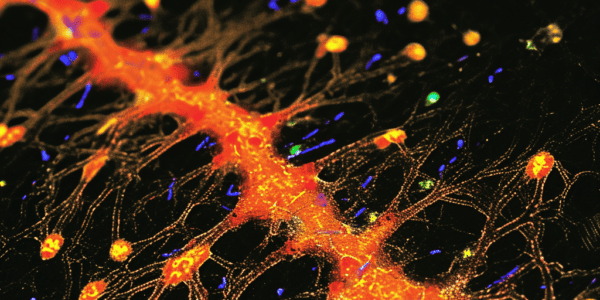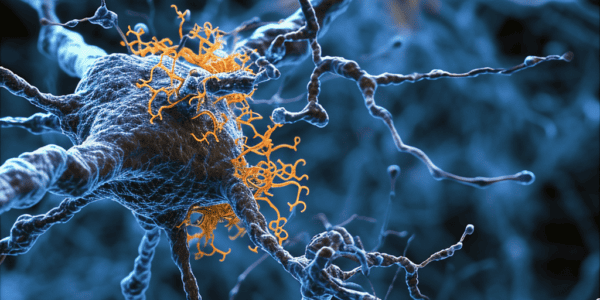Study Reveals SOD1 Trimer’s Role in ALS Progression
A groundbreaking study from Penn State College of Medicine reveals critical insights into the toxic protein SOD1 and its role in amyotrophic lateral sclerosis (ALS). Published in the journal Structure, the research highlights how SOD1 trimers uniquely interact with brain, spinal cord, and muscle tissues, influencing neurodegenerative processes and cellular functions. This study paves the way for potential therapeutic targets, particularly focusing on the interaction between SOD1 trimers and septin-7, offering hope for new ALS treatments.
University of Sheffield Receives Grant for Motor Neuron Disease Research
The University of Sheffield research team, led by Dr. Ryan West and Dr. Johnathan Cooper-Knock, receives a share of a $5 million fund to investigate the relationship between environmental factors and genes associated with motor neuron disease (MND). With no known cure for MND, this research is crucial for developing preventive strategies and treatment options. Tambourine Philanthropies’ grant supports eight global research teams, with Sheffield being the sole UK recipient, highlighting the significance of their work. By exploring how environmental factors interact with MND susceptibility genes, the team aims to uncover the disease’s origins and potentially identify ways to mitigate its impact, emphasizing the importance of international cooperation in tackling complex medical challenges.
Organoids reveal link between traumatic brain injury and increased risk of dementia and ALS
A USC Stem Cell study reveals the link between traumatic brain injury and the increased risk of dementia and ALS. The study utilized lab-grown human brain structures known as organoids to explore potential strategies for mitigating these risks, identifying a gene called KCNJ2 as a potential target for intervention. This offers promising prospects for the development of post-injury treatments and preventive measures for individuals at risk of TBI.
Innovative Approaches in ALS Treatment Showcased at AD/PD 2024 International Conference
The AD/PD 2024 International Conference highlighted innovative approaches for revolutionizing ALS treatment, emphasizing the urgent need for disease-modifying therapies. Discussions also focused on the use of neurochemical biomarkers in ALS drug development, signaling a potential shift towards more precise and targeted treatment approaches.
Kenneth Mitchell, Star Trek Actor, Passes Away at 49
Kenneth Alexander Mitchell, known for his roles as Klingons Kol, Kol-Sha, Tenavik, and Aurellio on Star Trek: Discovery, has passed away at the age of 49. Mitchell’s portrayal of Kol aimed to provide fans with a new perspective on Klingon culture, challenging the perception of the Klingons as villains. Survived by his wife Susan May Pratt and their two children, Mitchell requested that any gifts be directed towards ALS research or in support of his children, Lilah and Kallum. The entire Star Trek community extends its condolences to Mitchell’s family, friends, loved ones, and fans worldwide.
Researchers Discover Connection Between ALS Progression and Mitochondria-Associated Membranes
Researchers at Nagoya University in Japan have made a significant discovery in the study of amyotrophic lateral sclerosis (ALS), also known as Lou Gehrig’s disease. Their research, published in the Proceedings of the National Academy of Sciences, has revealed a…
Groundbreaking Discovery in Understanding Memory Formation
Scientists at the Max Planck Florida Institute for Neuroscience have made a groundbreaking discovery in understanding the molecular mechanisms behind memory formation. Their research has identified a crucial protein, VAP (vesicle-associated membrane protein-associated protein), as the molecular anchor that stabilizes…







